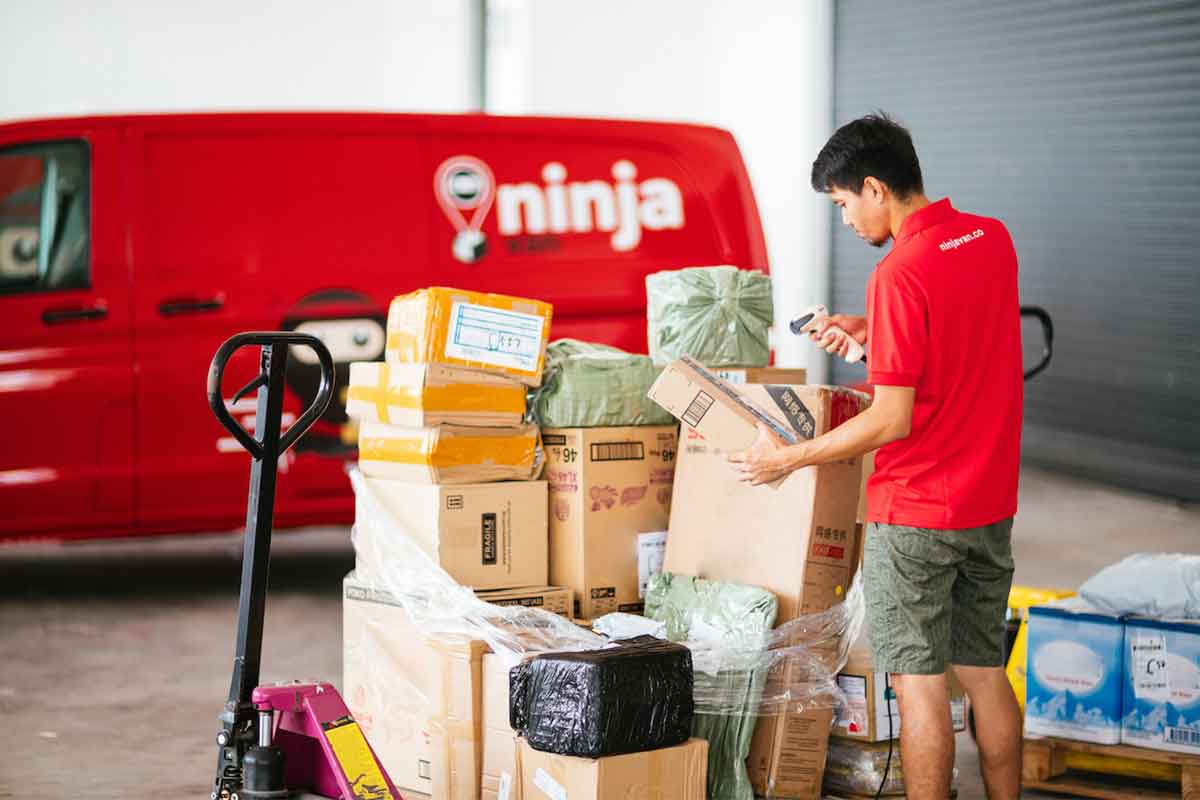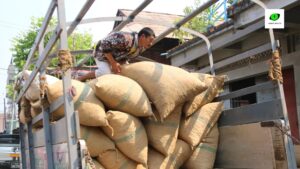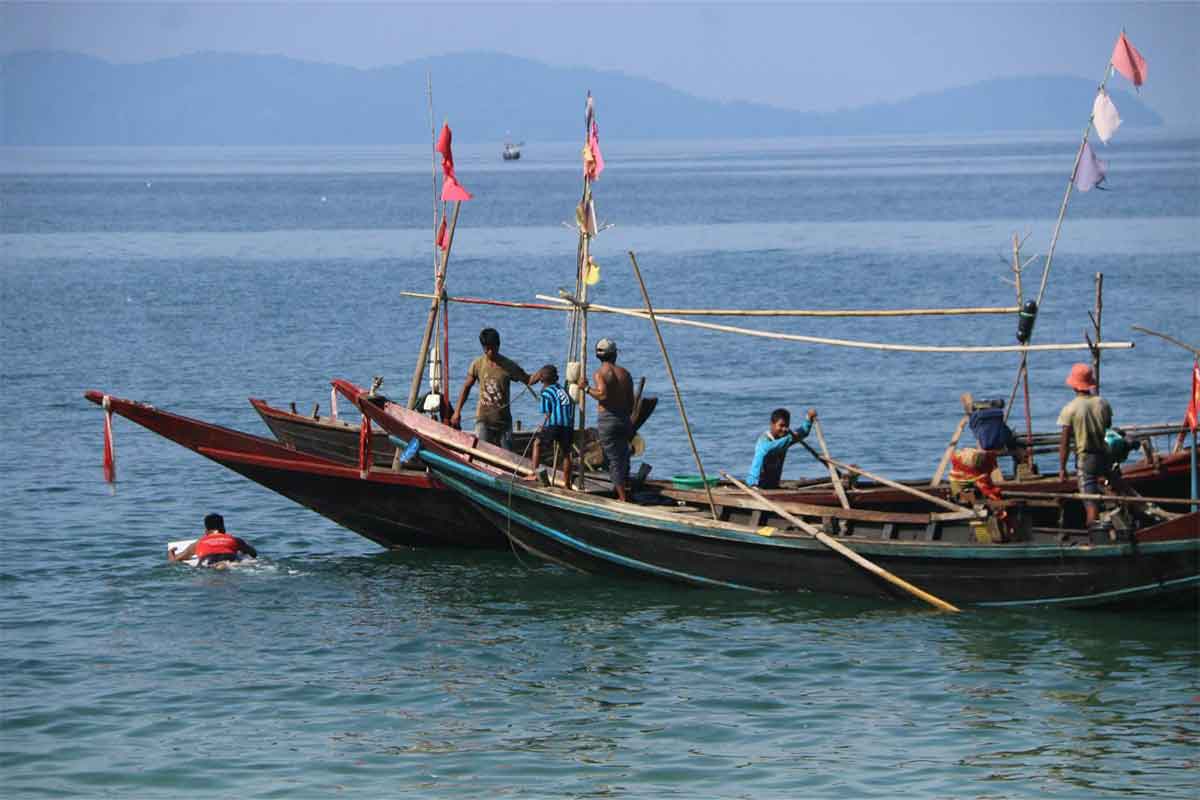The military junta has imposed severe restrictions on the transport of goods into Tanintharyi Region, triggering a mounting food crisis and a critical shortage of essential supplies.
The crackdown, which began last month, is being imposed at military-controlled checkpoints and has halted the movement of a wide range of goods.
According to logistics companies, the banned items vary by checkpoint but include solar panels, electrical appliances, mobile phones, power banks, computers, wristwatches, medicines, and cosmetics.
“The restrictions differ from one checkpoint to another. As a result, we’ve had to broadly limit what we transport on certain routes,” said a representative from a logistics company.
Companies such as Royal Express, BeeExpress, and Ninja Van, along with passenger bus lines, typically deliver goods from Yangon to Tanintharyi’s towns including Dawei, Myeik, and Kawthaung.
Now, they confirm that all electronic items are effectively banned. Medicine and cosmetics are permitted in limited quantities only if both sender and recipient can provide proof of business licensing.
A pharmacy owner in Dawei said the restriction on medicine is not new but has become more severe.
“Not everyone with a license can send medicines. Those still doing so are using specific channels. Normal shipments haven’t been possible for years, and the situation might tighten further,” he warned.
More alarming is the restriction on essential food staples. The military had already limited rice shipments from Yangon to Tanintharyi, and the recent closure of the Yangon–Dawei road near Malwe Taung has cut off the region’s main supply route entirely. Trucks and passenger buses are stranded, and local markets are running dry.
The result is soaring food prices and widespread shortages.
“It’s not just rice. We can’t get eggs, fish sauce, cabbage, or tomatoes. Everything is disappearing,” said a restaurant owner in Dawei.
She described the inflation: “An egg used to cost 400 kyats wholesale. Now, even if I offer 650 kyats, I still can’t buy one.” With no clear timeline for reopening the road, uncertainty looms large. “No one knows when the Yangon–Dawei road will reopen.”
In the absence of rice from Yangon market, locals are turning to lower-quality local rice.
“We can’t get Yangon rice anymore. We’re stuck with Dawei rice,” said the restaurant owner. “It’s just not what I’m used to. I’ve lost my appetite.”
Even rice movement within Tanintharyi has been restricted. A farmer in Yebyu Township said, “We can’t even transport rice from one village to another.”
This especially affects rice-deficient areas like Eastern Dawei, where residents rely on incoming supplies.
“Those who own farmland may manage, but landless people who rely on purchasing city rice are facing real hardship,” the farmer added.
In remote areas, the crisis is particularly acute. A resident of Kan Bauk said drivers bringing in rice are being forced to give up a bag to soldiers at checkpoints as an informal toll.
“If they don’t hand over a bag, no one in our area gets rice. And you can’t find premium rice anywhere.”
Rumors of impending rice mill closures have sparked panic buying and rushed milling operations. Though unconfirmed, the speculation underscores the growing instability of local food systems.
“We have to work in a rushed and frantic manner,” said a rice trader from Launglon Township.
The junta’s shipment restrictions have not been limited to Tanintharyi. Similar policies are being enforced in Nay Pyi Taw, Sagaing, Magway, Bago, and parts of Karen and Mon States, regions that are known strongholds of anti-regime resistance. The military council has provided no official explanation.
With the main highway to Yangon closed and local transport paralyzed, residents fear the worst is yet to come.
“If that road doesn’t open soon, people won’t have anything to eat or drink,” said the Dawei restaurant owner.
“Forget food—we won’t even be able to buy flowers to offer at the pagoda.”







